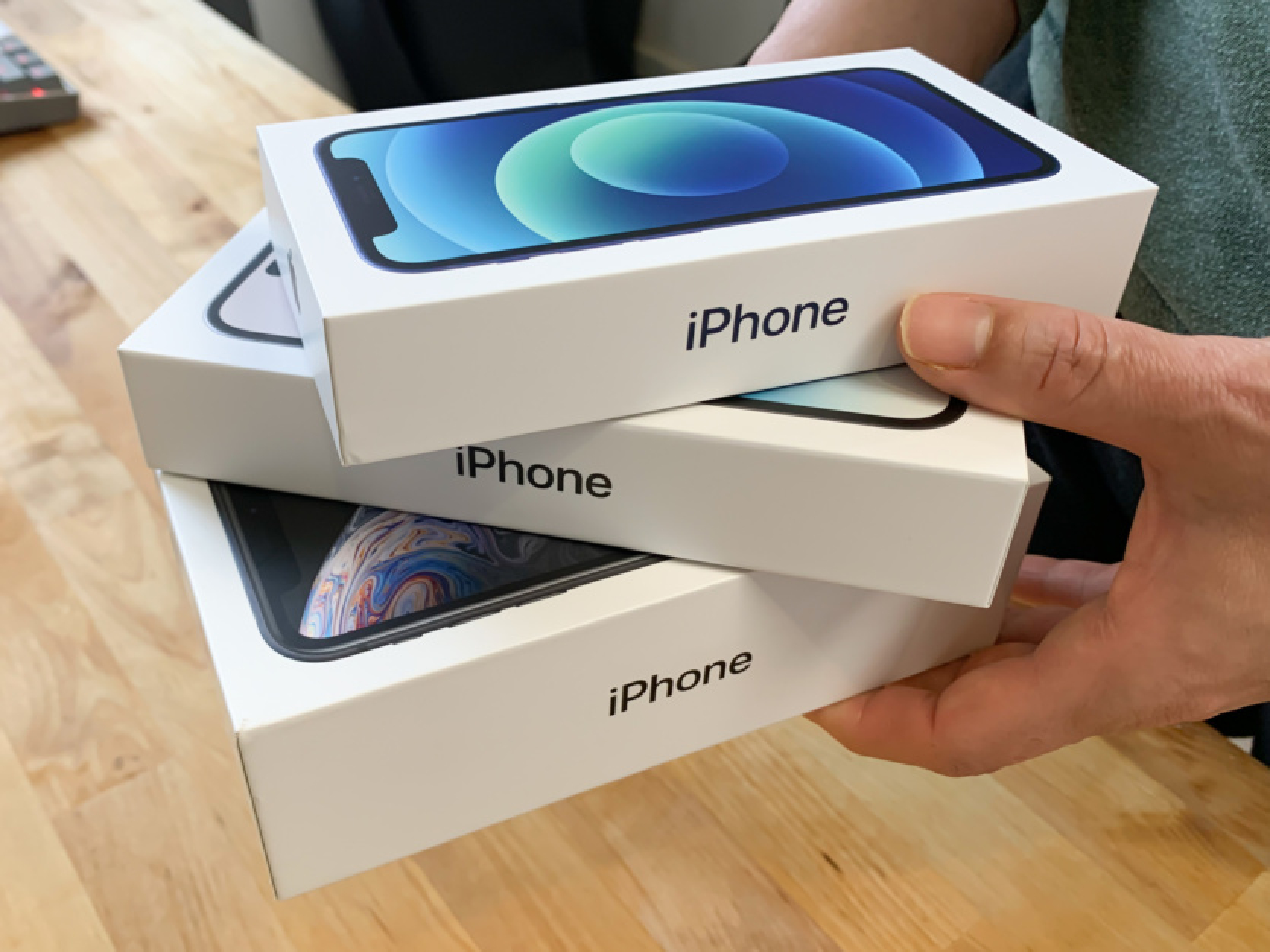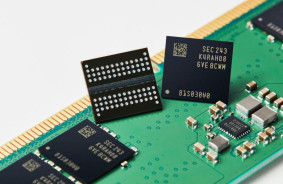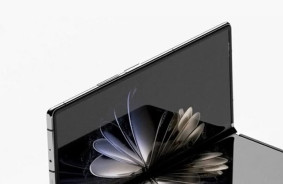Apple filed a lawsuit against a contractor, but decided to drop the case - presumably to avoid public disclosure of its anti-ecological practices. It is believed that the company destroys perfectly usable old devices to prevent a decrease in demand for new ones.
The details of the story are outlined in a lengthy Bloomberg report, but the main point is this: Apple accepts old devices from customers for exchange and recycling, however, most of them remain in perfectly working condition and could be refurbished and resold in the second-hand market. Instead, the company paid an external contractor, known as GEEP, to shred over a quarter of a million of them annually.
Within the first two years of this contract, Apple sent GEEP over 530,000 iPhones, 25,000 iPads, and 19,000 Apple Watches. However, an audit by the company found that at least 99,975 working iPhones meant for shredding ended up in China, where they were sold in the second-hand market.
In 2020, Apple sued the contractor for breaching the contract, but since then nothing has happened - the case was automatically closed in January 2021, and it seems that the iPhone manufacturer has no plans to renew it. The same applies to GEEP's lawsuit against three former employees accused of theft (the lawsuit expires in August of this year).
In fact, information about the lawsuits first emerged in 2020 - that same year, Apple publicly promised to achieve 100% carbon neutrality throughout the product life cycle by 2030 and stated in its environmental report that "reuse is our top priority choice." Shredding, according to critics, contradicted Apple's environmental marketing - and presumably, the destruction of perfectly usable old devices was carried out to prevent a decrease in demand for new ones.
Apple declined to comment on the details of the case, but noted that since then "everything has changed" and they are now creating "durable products that often serve multiple owners."












Comments (0)
There are no comments for now